Home>Articles>How Much Does It Cost To Replace The HVAC System
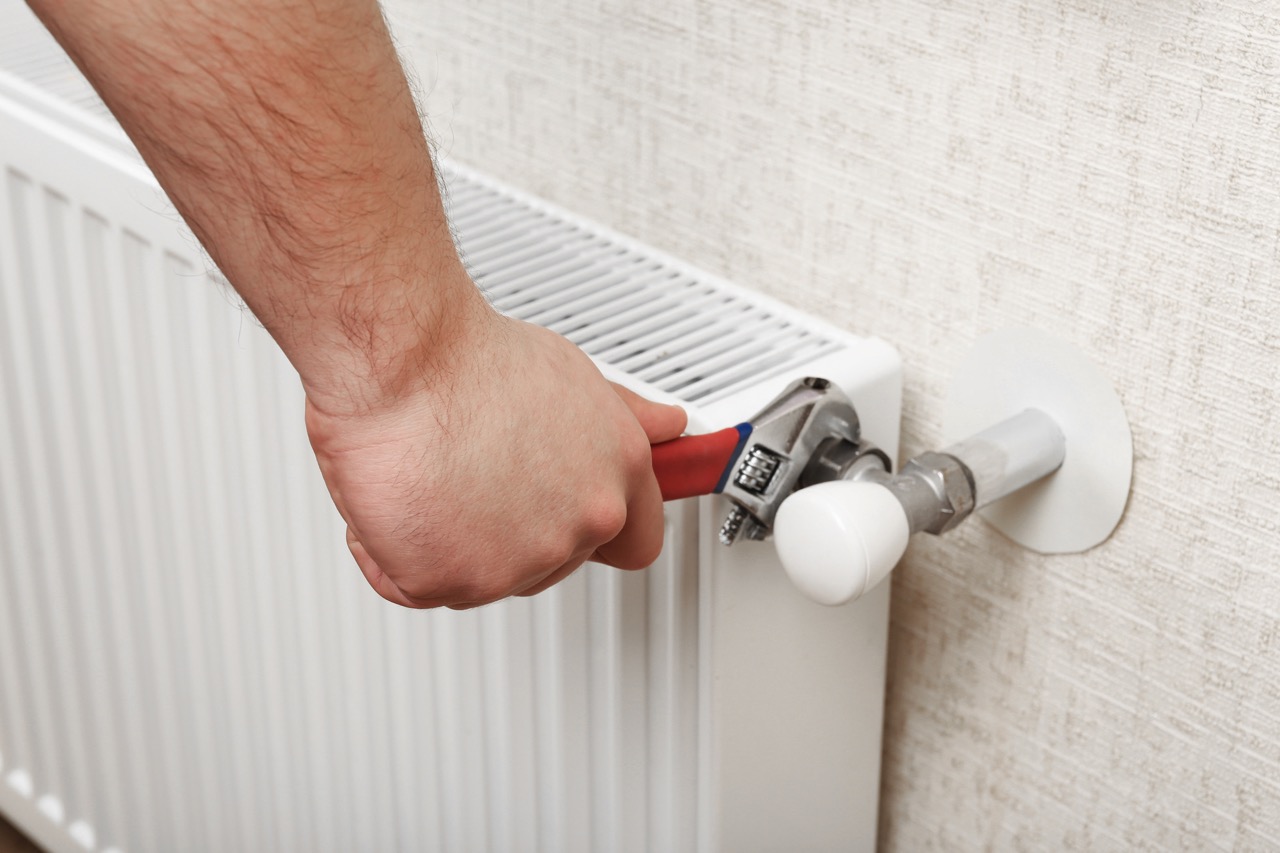

Articles
How Much Does It Cost To Replace The HVAC System
Modified: January 8, 2024
Find out the average cost of replacing your HVAC system with our informative articles. Gain insights on expenses, factors to consider, and ways to save money.
(Many of the links in this article redirect to a specific reviewed product. Your purchase of these products through affiliate links helps to generate commission for Storables.com, at no extra cost. Learn more)
Introduction
Replacing the HVAC (Heating, Ventilation, and Air Conditioning) system is a significant undertaking for homeowners. Whether your existing system is old, inefficient, or in need of major repairs, investing in a new HVAC system can increase comfort, improve energy efficiency, and reduce utility bills. However, one of the most commonly asked questions is, “How much does it cost to replace the HVAC system?”
The cost of HVAC system replacement can vary depending on several factors, including the type and size of the unit, the complexity of the installation, and additional costs associated with the project. In this article, we will explore the main factors influencing the cost of replacing an HVAC system and provide a general estimate of the expenses involved.
Keep in mind that the following information is intended as a general guide, and actual costs may vary based on your specific location, the HVAC system you choose, and any additional customization or features you require. It is always recommended to consult with a professional HVAC contractor for accurate cost estimates and personalized advice.
Now, let’s dive into the factors that can impact the overall cost of replacing your HVAC system.
Key Takeaways:
- Replacing your HVAC system is a worthwhile investment that can improve comfort, energy efficiency, and indoor air quality. Consider factors like unit type, installation complexity, and additional costs to make an informed decision.
- Explore financing options such as personal savings, home equity loans, manufacturer financing, or energy efficiency improvement loans to make the cost of HVAC system replacement more manageable. Choose an option that aligns with your budget and long-term financial goals.
Read more: How Much Does An HVAC Inspection Cost
Factors Affecting the Cost of HVAC System Replacement
Several factors can influence the cost of replacing an HVAC system in your home. Understanding these factors will help you better estimate the overall expense and make informed decisions. Here are the main factors that affect the cost of HVAC system replacement:
1. Type and Size of Unit: The type of HVAC system you choose will significantly impact the cost. There are various options available, including central air conditioning, heat pumps, and ductless mini-split systems. Additionally, the size of the unit needed to adequately heat or cool your home will affect the cost. Larger units tend to be more expensive.
2. Efficiency Rating: HVAC systems with higher energy efficiency ratings, such as those with a high SEER (Seasonal Energy Efficiency Ratio) for cooling or AFUE (Annual Fuel Utilization Efficiency) for heating, may come at a higher initial cost. However, these systems can save you money in the long run by reducing energy consumption and lowering utility bills.
3. Ductwork: If your home currently has ductwork in place, replacing or modifying it can add to the overall cost. Ductwork may need to be resized, sealed, or replaced to accommodate the new HVAC system properly. If your home does not have existing ductwork, the cost of installing it will be factored into the overall expense.
4. Complexity of Installation: The complexity of the installation process can affect the cost. Factors such as accessibility, the need for additional electrical work or plumbing modifications, and the presence of existing systems or components that need to be removed or upgraded can impact the overall installation expense.
5. Local Codes and Permits: Some areas have specific building codes and permit requirements for HVAC system replacement. These codes may dictate certain specifications or installation processes that can affect the overall cost. Obtaining the necessary permits and ensuring compliance with local regulations may add to the overall expense.
6. Customization and Additional Features: Upgrading your HVAC system with additional features, such as programmable thermostats, air purifiers, or zoning systems, can increase the overall cost. These features add convenience, comfort, and energy efficiency but come at an additional expense.
By considering these factors, you can get a clearer picture of what to expect in terms of cost when replacing your HVAC system. It’s essential to consult with a professional HVAC contractor who can assess your specific needs, provide accurate cost estimates, and guide you through the decision-making process.
In the next section, we will delve deeper into the specific costs associated with HVAC system replacement.
Cost of HVAC Unit
The cost of the HVAC unit itself is a significant component of the overall expense when replacing your HVAC system. The price of a new HVAC unit can vary depending on factors such as the brand, model, size, and energy efficiency rating. Here’s a breakdown of the average cost range for different types of HVAC units:
1. Central Air Conditioning: The cost of a central air conditioning unit typically ranges from $2,500 to $7,500 or more, depending on the size and energy efficiency rating. Higher SEER ratings typically indicate higher pricing, but they can result in long-term energy savings.
2. Heat Pump Systems: Heat pumps, which provide both heating and cooling, generally have a higher price range compared to central air conditioning units. On average, heat pumps can cost between $3,500 to $8,000 or more. Similar to central air conditioning units, higher efficiency ratings come with a higher upfront cost but can save you money in the long run.
3. Ductless Mini-Split Systems: Ductless mini-split systems have gained popularity due to their versatility and energy efficiency. The cost of a ductless mini-split system ranges from $3,000 to $10,000 or more, depending on the number of indoor units and the overall capacity needed.
Keep in mind that these price ranges are estimates and may vary depending on factors such as your location, specific requirements, and any additional features or customizations you choose. It’s always best to consult with an HVAC professional to determine the exact cost of the unit based on your unique needs.
In addition to the cost of the unit itself, you should also consider the cost of installation when budgeting for your HVAC system replacement. We will explore the installation costs in the next section.
Cost of Installation
The cost of HVAC system installation is a crucial aspect to consider when budgeting for the replacement. Hiring a professional HVAC contractor ensures a proper installation and optimal performance of your new system. The cost of installation can vary based on several factors, including:
1. Labor Costs: The labor costs associated with HVAC system installation can depend on the complexity of the project, the number of technicians required, and the time needed to complete the installation. On average, the labor costs can range from $1,500 to $5,000 or more, depending on the scope of work.
2. Ductwork Modifications: If your HVAC system requires modifications to the existing ductwork, such as resizing, sealing, or replacing sections, these additional services will add to the installation cost. The extent of ductwork modifications needed will vary based on the specific requirements of your HVAC system.
3. Electrical and Plumbing Work: In some cases, the installation of a new HVAC system may require electrical or plumbing modifications to accommodate the new unit. If these modifications are necessary, the cost will be included in the installation expenses.
4. Removal and Disposal of Old System: The cost of removing and disposing of the old HVAC system should be factored into the overall installation cost. This includes safely disconnecting and removing the old unit, as well as disposing of it in compliance with local regulations.
5. Permit Costs: Depending on your location, obtaining the necessary permits for HVAC system replacement may incur additional costs. The specific permit fees will vary based on local regulations and requirements.
It is essential to get detailed quotes from reputable HVAC contractors to accurately estimate the installation cost. They will assess the specific needs of your home and provide a comprehensive breakdown of the expenses involved.
Lastly, it is worth noting that proper installation plays a vital role in the performance and longevity of your HVAC system. Hiring a professional who is experienced and qualified in HVAC installation is crucial to ensure optimal functioning and efficiency of your new unit.
In the next section, we will discuss additional costs that may be associated with HVAC system replacement.
Consider getting multiple quotes from different HVAC companies to compare costs and services. Look for companies with good reviews and ask about any available financing options.
Additional Costs
When budgeting for your HVAC system replacement, it is important to consider any additional costs that may arise during the project. These costs can vary depending on your specific requirements and circumstances. Here are some common additional costs to be aware of:
1. Ductwork Replacement: If your existing ductwork is old, damaged, or not properly sized for your new HVAC system, you may need to replace or upgrade it. Ductwork replacement can add to the overall expense of the project. The cost will depend on the size of your home, the complexity of the ductwork system, and the materials used.
2. Thermostat Upgrades: Upgrading to a programmable or smart thermostat can provide added convenience, energy savings, and improved control over your HVAC system. However, this upgrade may come at an additional cost, depending on the type and model of thermostat you choose.
3. Air Quality Enhancements: If you want to improve indoor air quality, you may consider adding air purifiers, humidifiers, or ventilation systems to your HVAC system. These enhancements can improve the health and comfort of your home, but they can also increase the overall cost of the project.
4. Warranty: HVAC manufacturers often provide warranties for their units, which can vary in terms of coverage and duration. While the cost of the warranty itself is not typically significant, it is important to factor in any extended or additional warranty costs.
5. Maintenance Contracts: Some homeowners choose to invest in maintenance contracts to ensure regular servicing and upkeep of their HVAC system. These contracts may come with an annual fee, which should be considered as an ongoing cost after the initial replacement.
It is crucial to discuss any potential additional costs with your HVAC contractor early in the project planning phase. They can provide guidance on which enhancements or upgrades are worth considering and provide accurate cost estimates tailored to your specific needs.
In the next section, we will explore financing options that can help make your HVAC system replacement more affordable.
Read more: How Much Does HVAC Ductwork Cost
Financing Options
Replacing an HVAC system is a significant investment, and for many homeowners, financing options can help make the cost more manageable. Here are some common financing options to consider when replacing your HVAC system:
1. Personal Savings: If you have sufficient savings, using your own funds to pay for the HVAC system replacement can help you avoid interest charges and monthly payments. However, it is important to consider the impact on your overall financial situation and emergency savings.
2. Home Equity Loans or Lines of Credit: If you have equity in your home, you may be able to leverage it to finance your HVAC system replacement. Home equity loans and lines of credit typically offer competitive interest rates and longer repayment terms, making it easier to spread out the cost over time.
3. HVAC Manufacturer Financing: Many HVAC manufacturers offer financing programs through partnerships with financial institutions. These programs often provide flexible payment plans, competitive interest rates, and convenient online application processes.
4. Credit Cards or Personal Loans: Depending on your credit history, using credit cards or applying for a personal loan can be an option for financing your HVAC system replacement. Be cautious of high interest rates and ensure that the monthly payments fit within your budget.
5. Energy Efficiency Improvement Loans: Some utility companies or government programs offer loans specifically designed to finance energy-efficient home improvements, including HVAC system replacements. These loans often come with attractive interest rates and favorable repayment terms.
Before deciding on a financing option, it is important to consider the terms, interest rates, and repayment options available. Assess your financial situation, budget, and creditworthiness to determine which option is most suitable for you.
Additionally, some HVAC contractors may offer their own financing programs or partnerships with financing companies. Be sure to inquire about these options when obtaining quotes.
Remember, while financing can help make the cost of your HVAC system replacement more affordable, it is crucial to choose an option that fits within your budget and aligns with your long-term financial goals.
In the final section, we will summarize the main points discussed and conclude the article.
Conclusion
Replacing your HVAC system is a significant investment that can improve comfort, energy efficiency, and overall indoor air quality in your home. However, the cost of HVAC system replacement can vary depending on several factors, including the type of unit, the complexity of the installation, and any additional customization or upgrades.
By considering the factors affecting the cost, such as the type and size of the unit, efficiency ratings, ductwork modifications, and labor costs, you can have a better understanding of the overall expenses involved. It is essential to consult with a professional HVAC contractor to receive accurate cost estimates tailored to your specific needs and circumstances.
In addition to the cost of the unit and installation, it is important to consider any additional costs such as ductwork replacement, thermostat upgrades, air quality enhancements, and warranty or maintenance contracts. These costs will depend on your preferences and goals for your HVAC system.
If financing is necessary, explore different options such as personal savings, home equity loans, manufacturer financing, credit cards, or energy efficiency improvement loans. Carefully consider the terms, interest rates, and repayment options to make the best choice for your financial situation.
Remember, proper installation and maintenance are crucial to the performance and longevity of your HVAC system. Hiring a professional HVAC contractor who is experienced and qualified ensures that your new system is installed correctly and functions optimally.
In conclusion, although the cost of replacing your HVAC system may seem daunting, it is a worthwhile investment that can improve your home’s comfort, energy efficiency, and indoor air quality. By understanding the factors affecting the cost and exploring financing options, you can make an informed decision that best fits your needs and budget.
As always, it is recommended to consult with a professional HVAC contractor for personalized advice and accurate cost estimates based on your specific requirements.
Frequently Asked Questions about How Much Does It Cost To Replace The HVAC System
Was this page helpful?
At Storables.com, we guarantee accurate and reliable information. Our content, validated by Expert Board Contributors, is crafted following stringent Editorial Policies. We're committed to providing you with well-researched, expert-backed insights for all your informational needs.
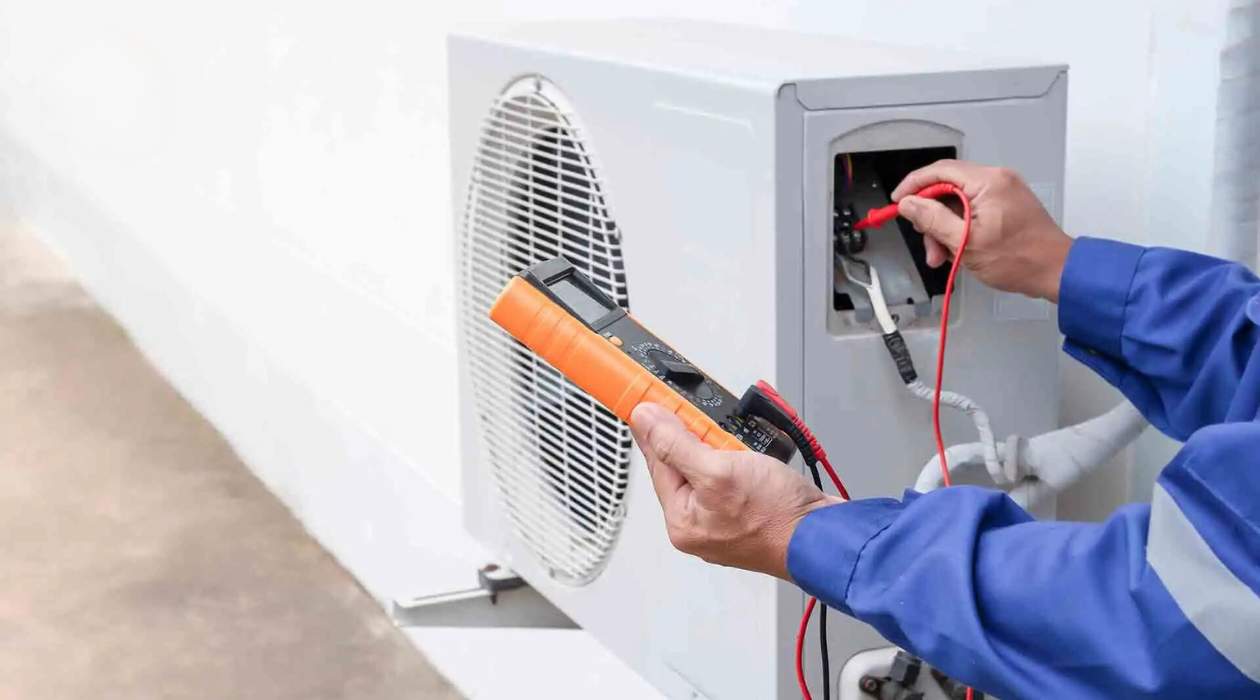
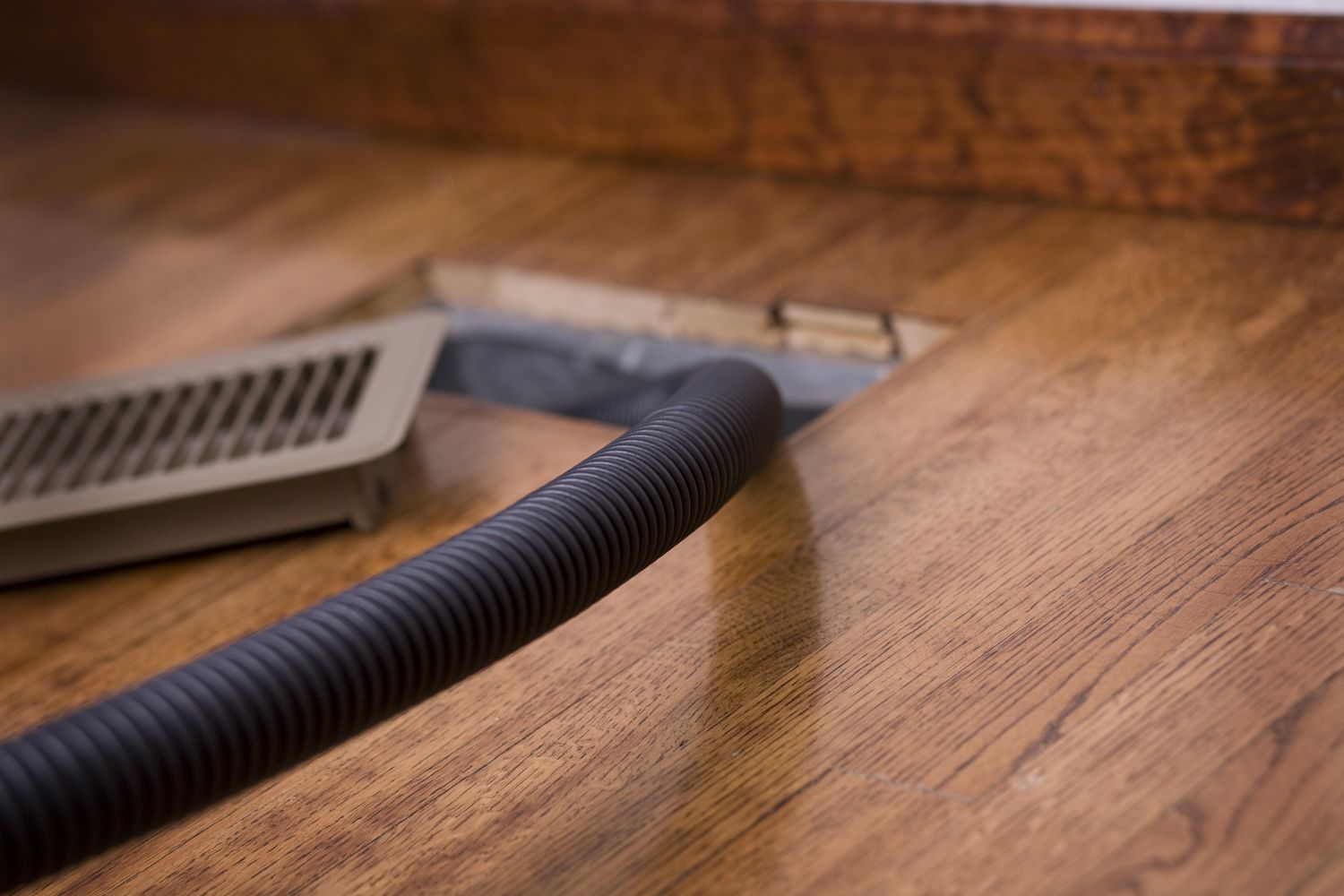
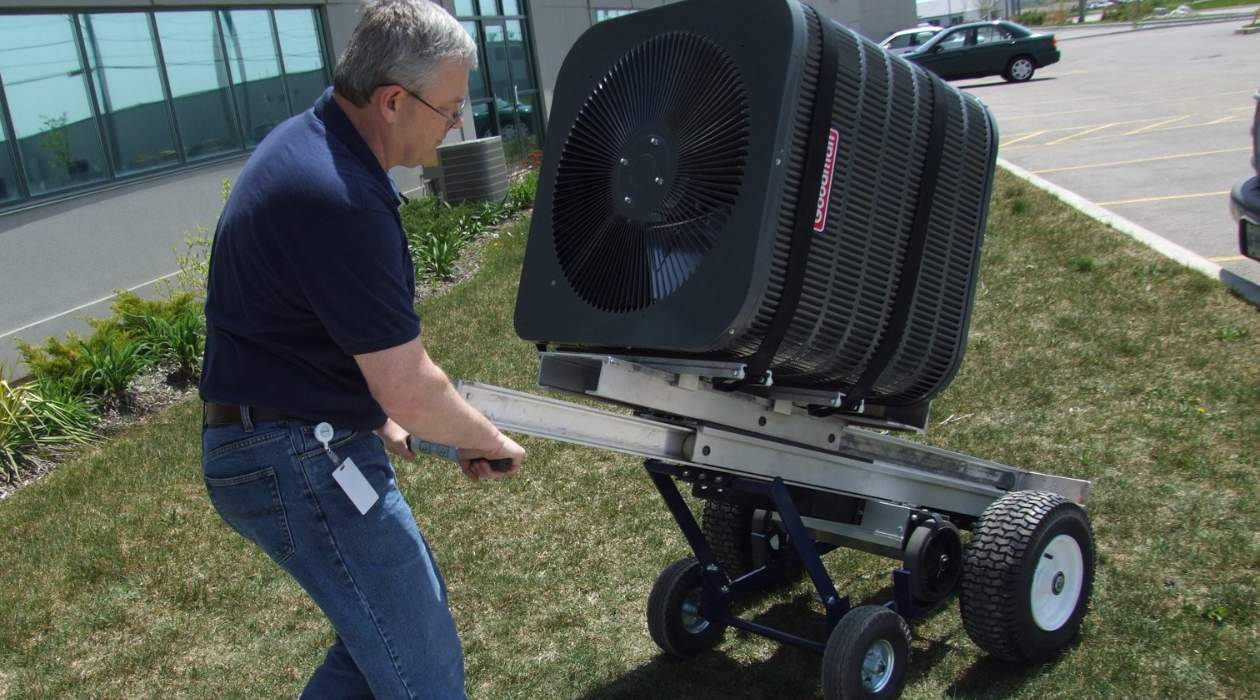
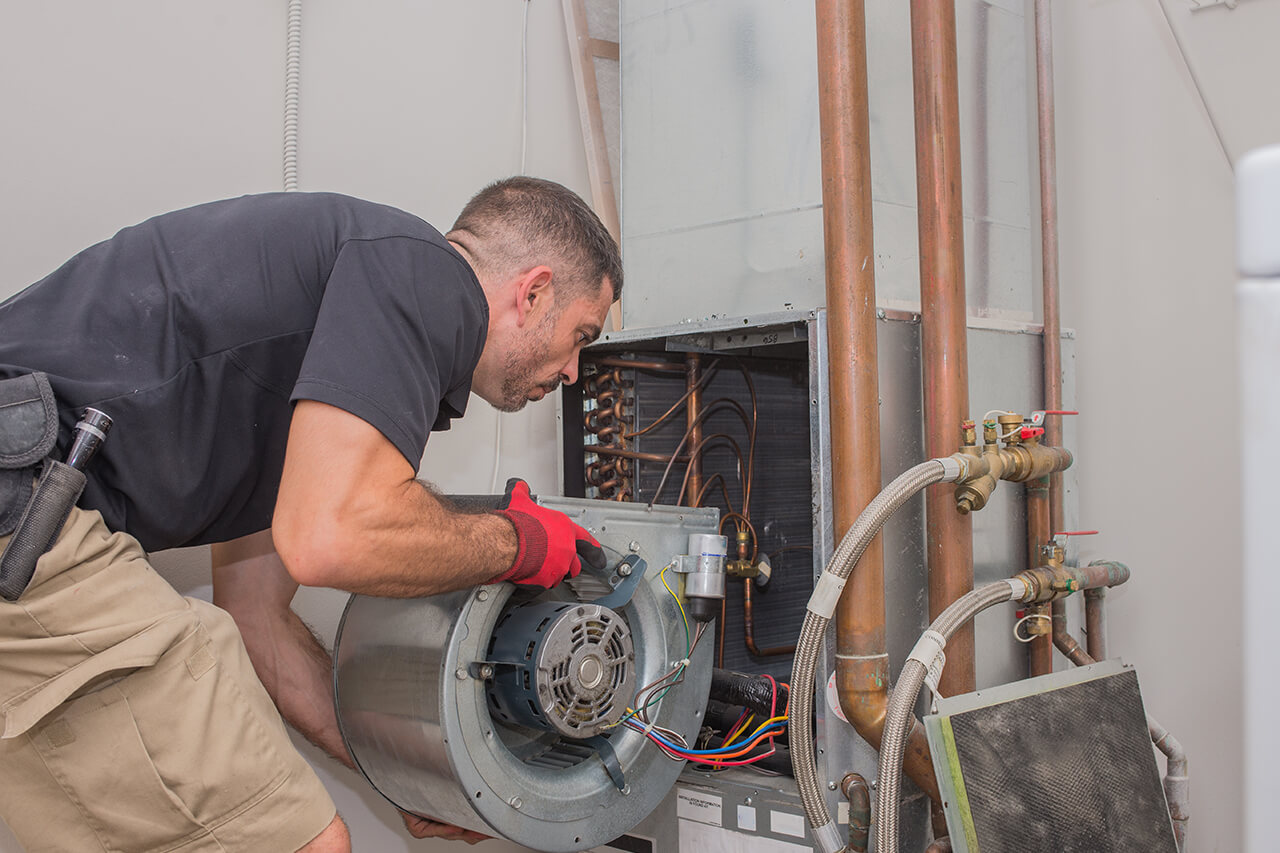
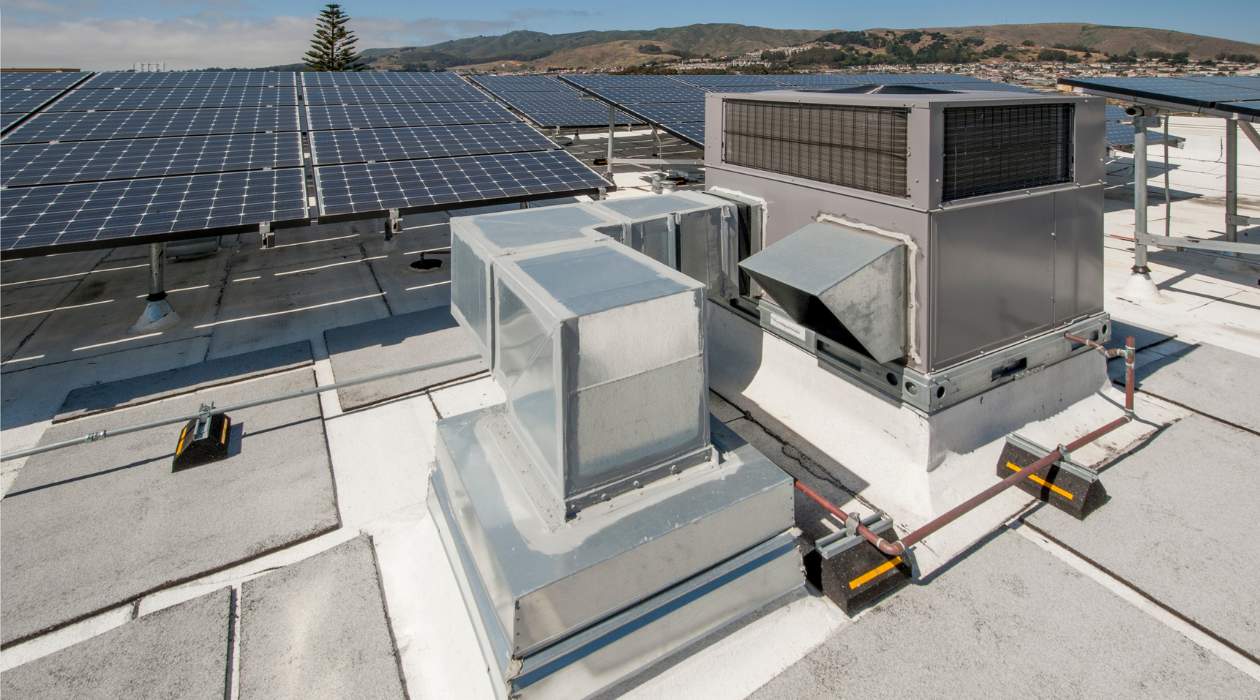
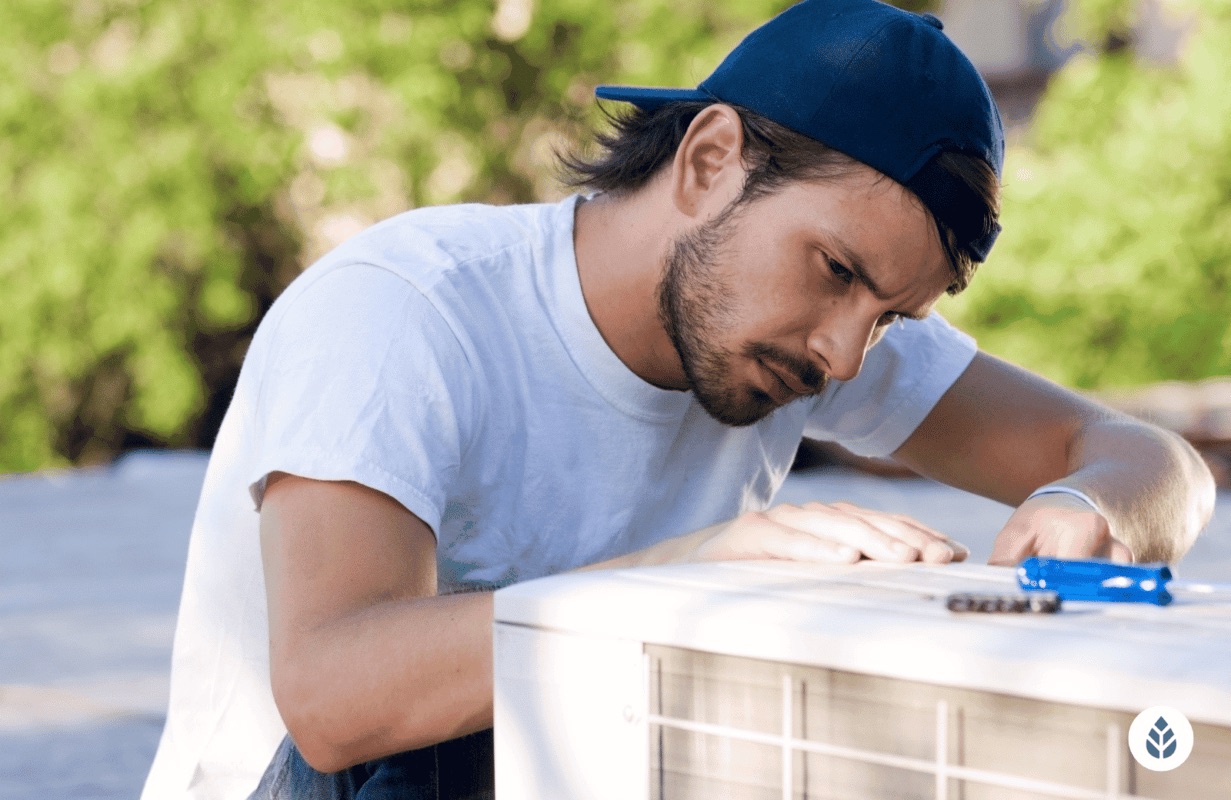
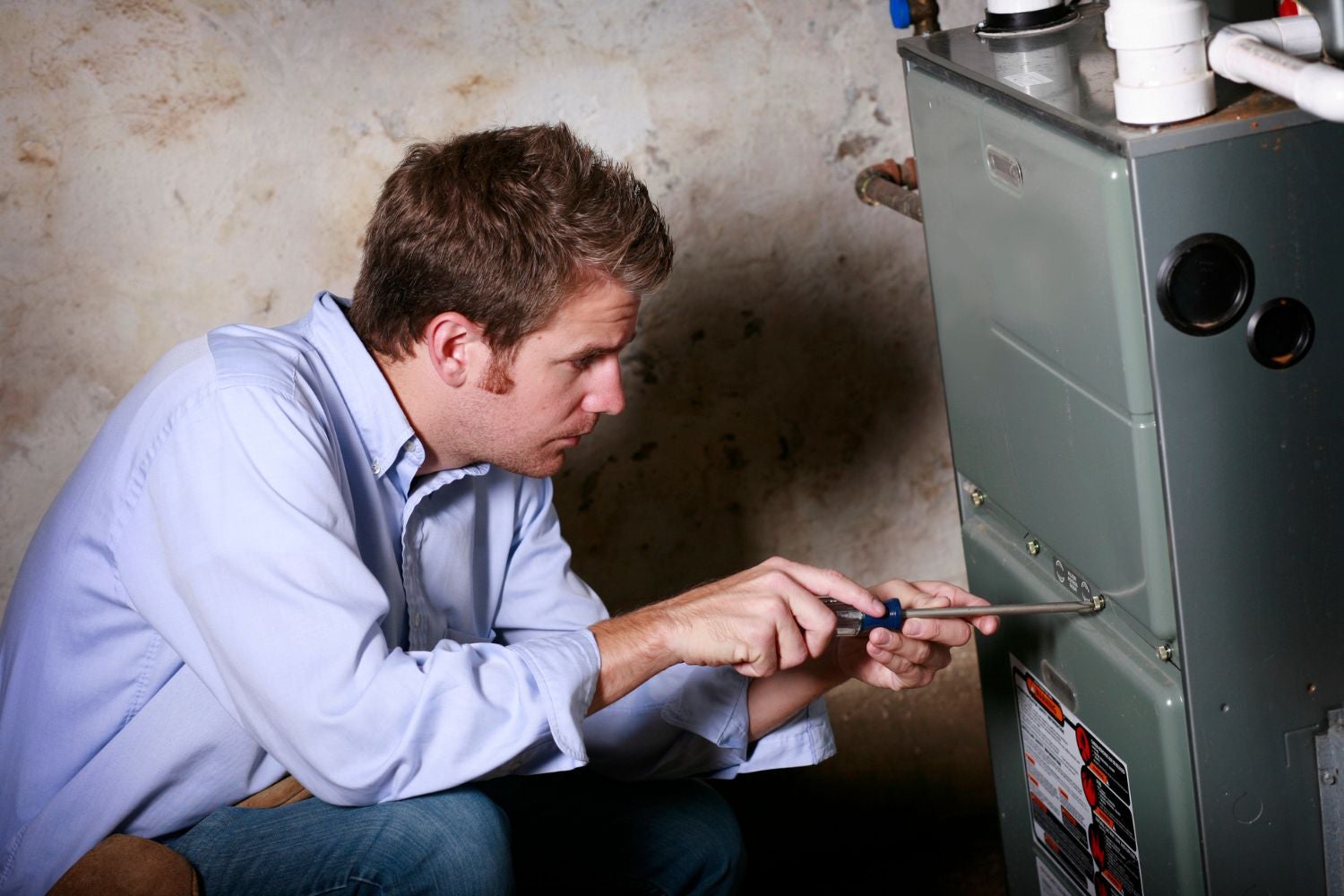
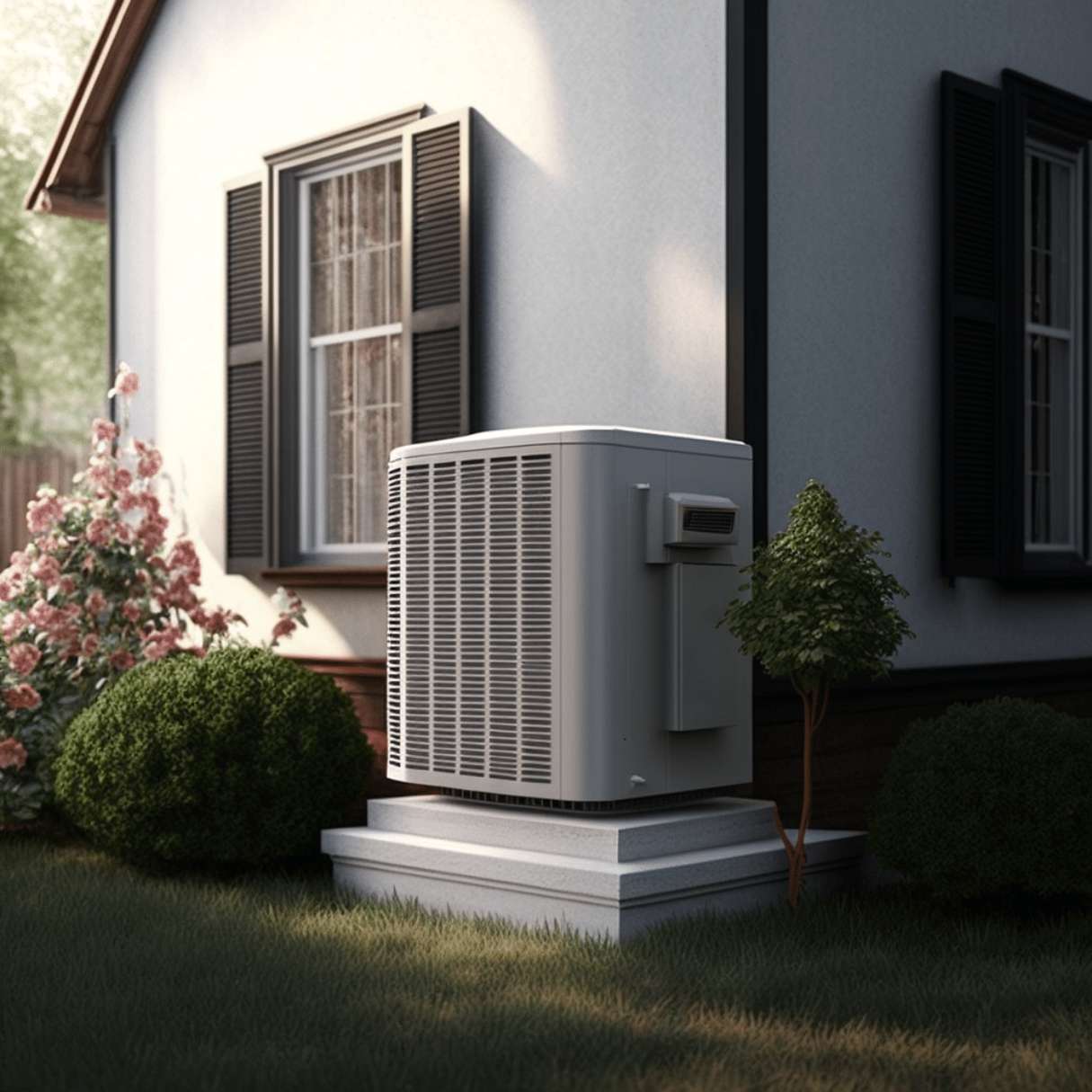
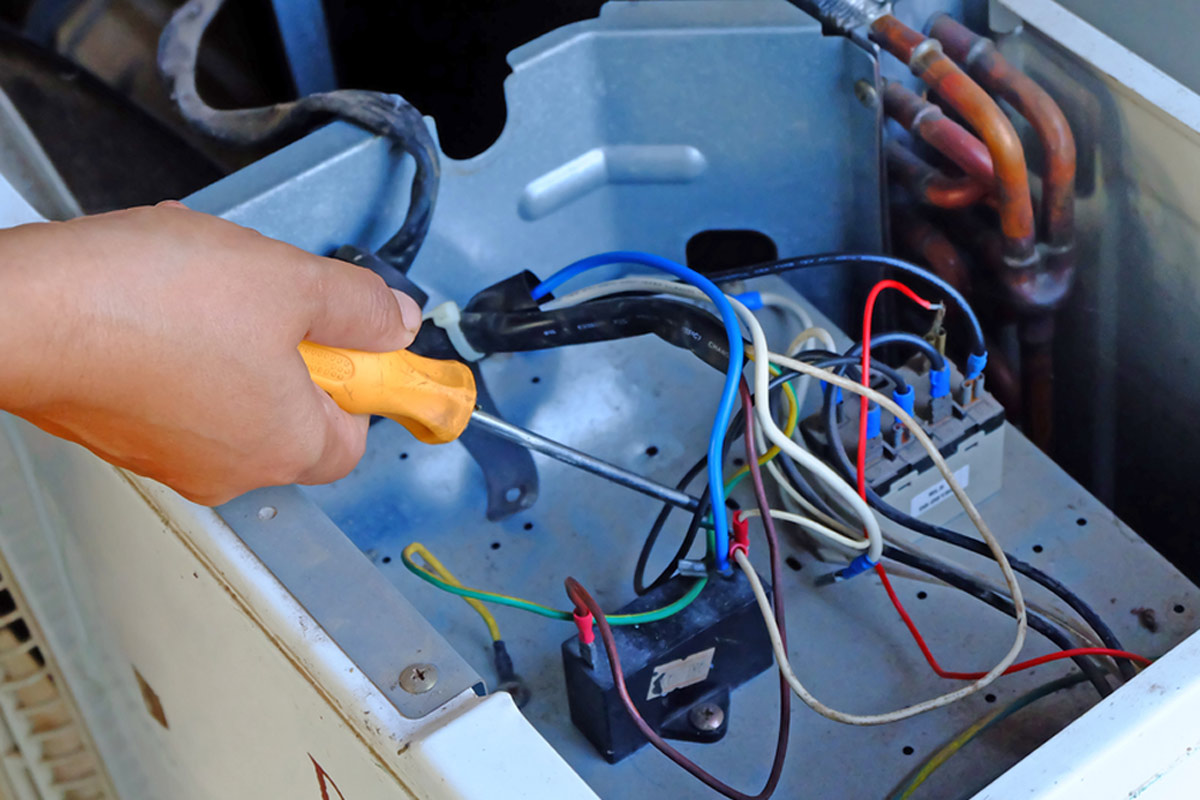
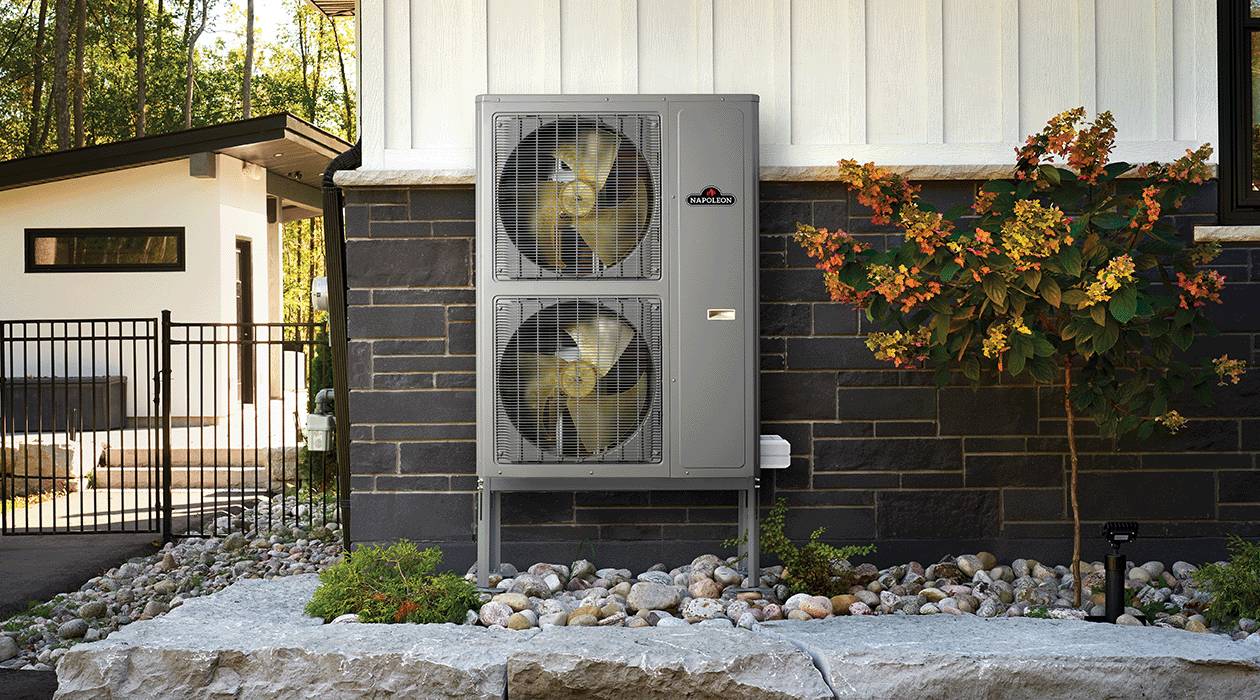
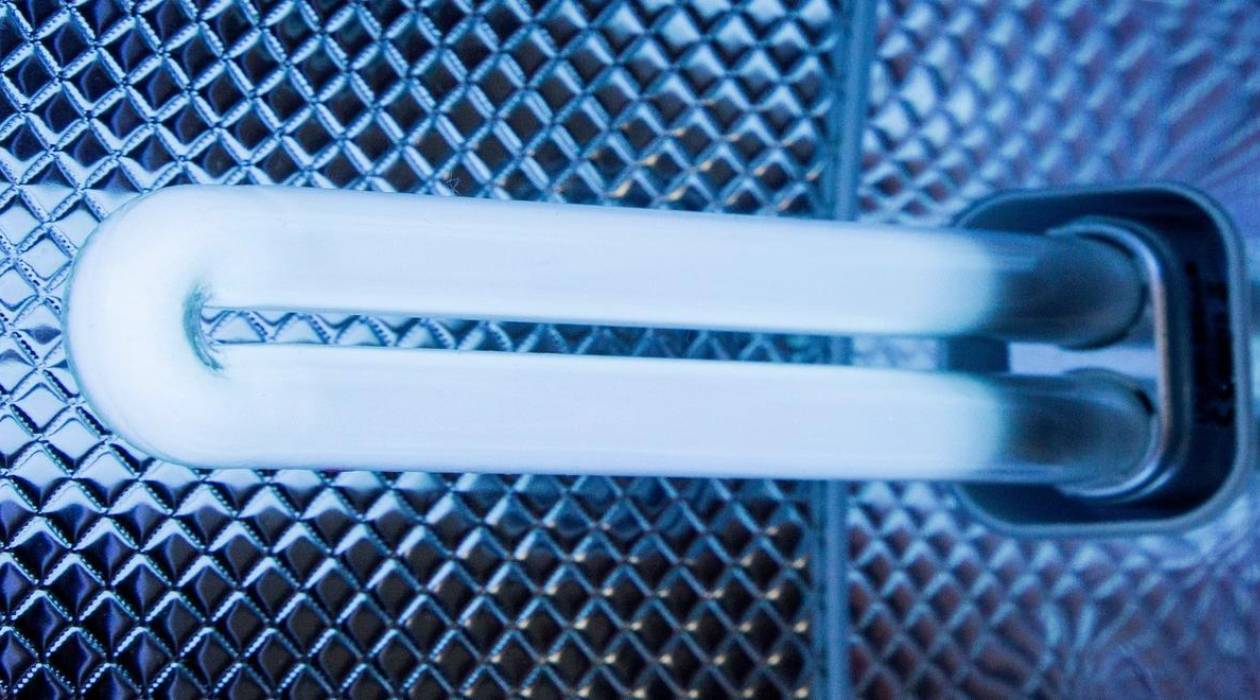
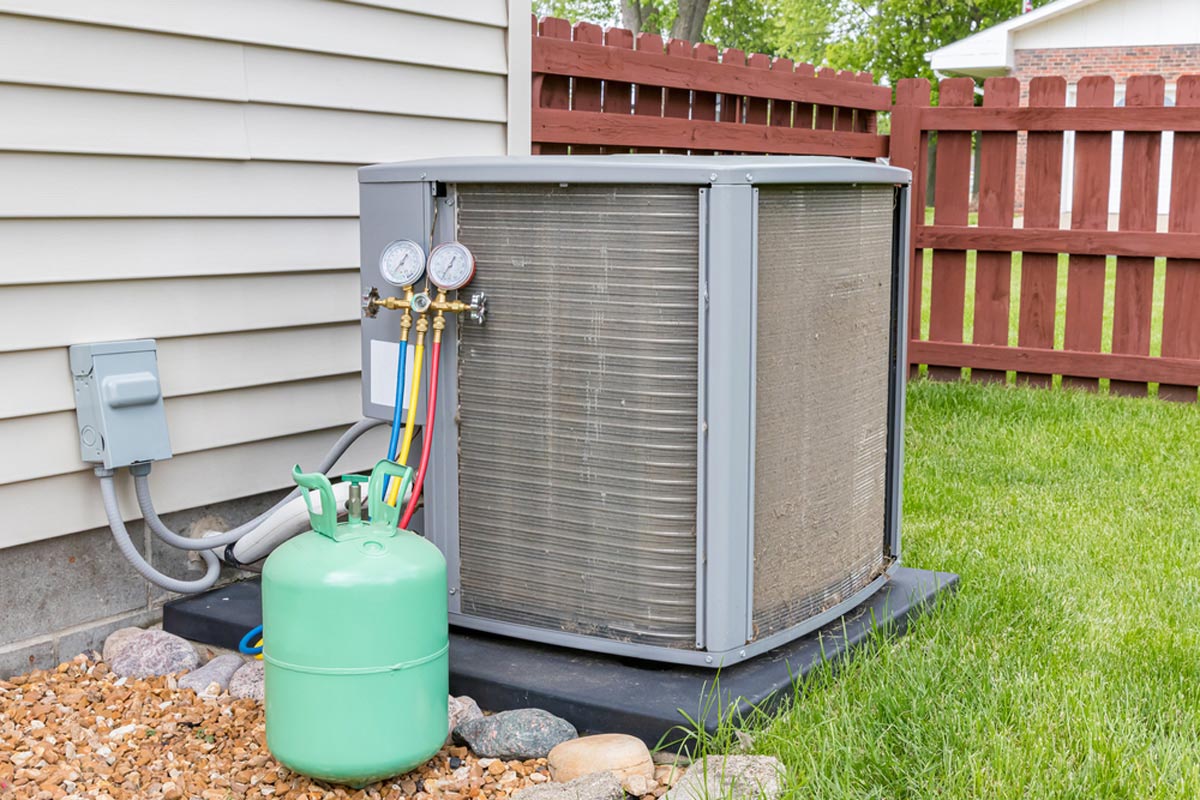
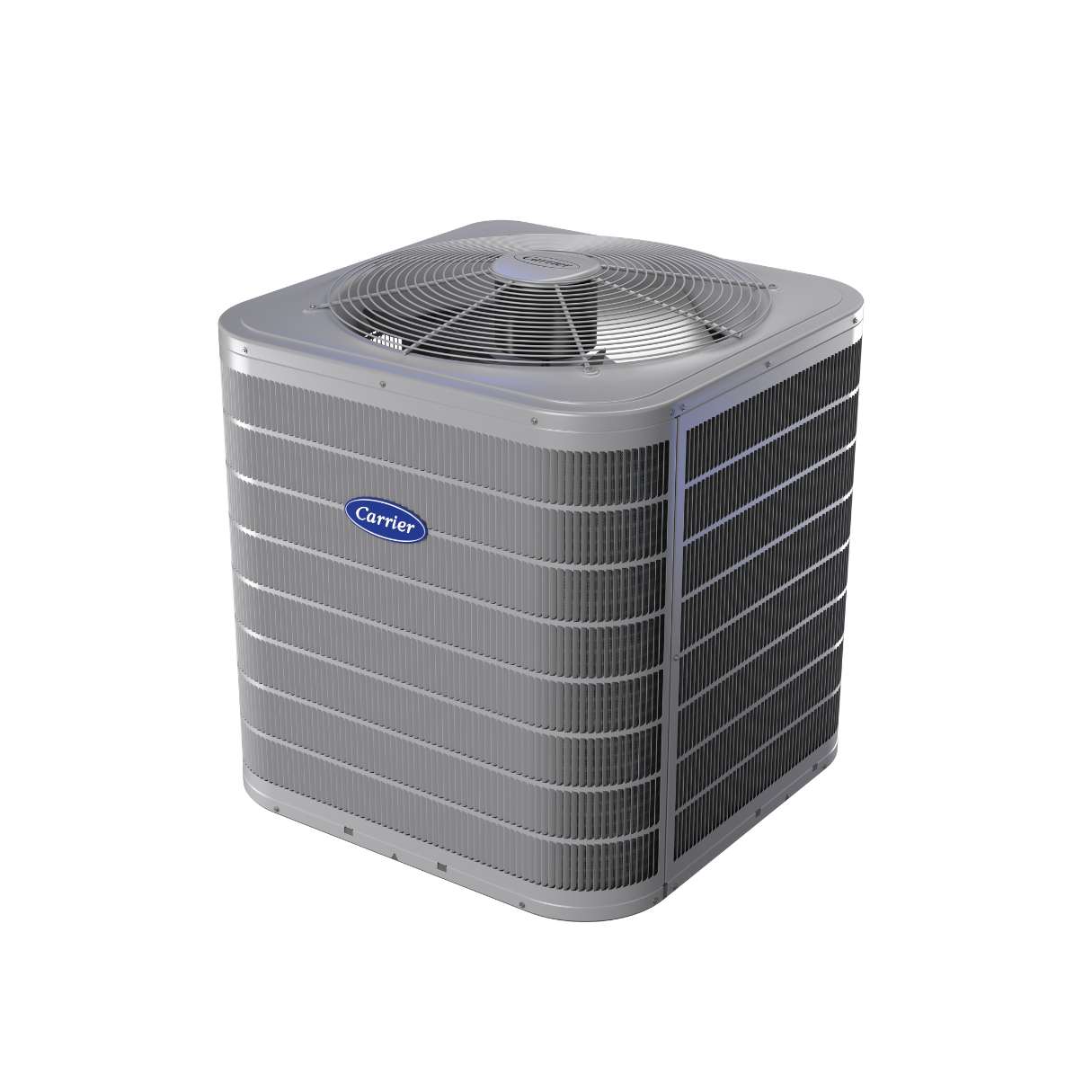
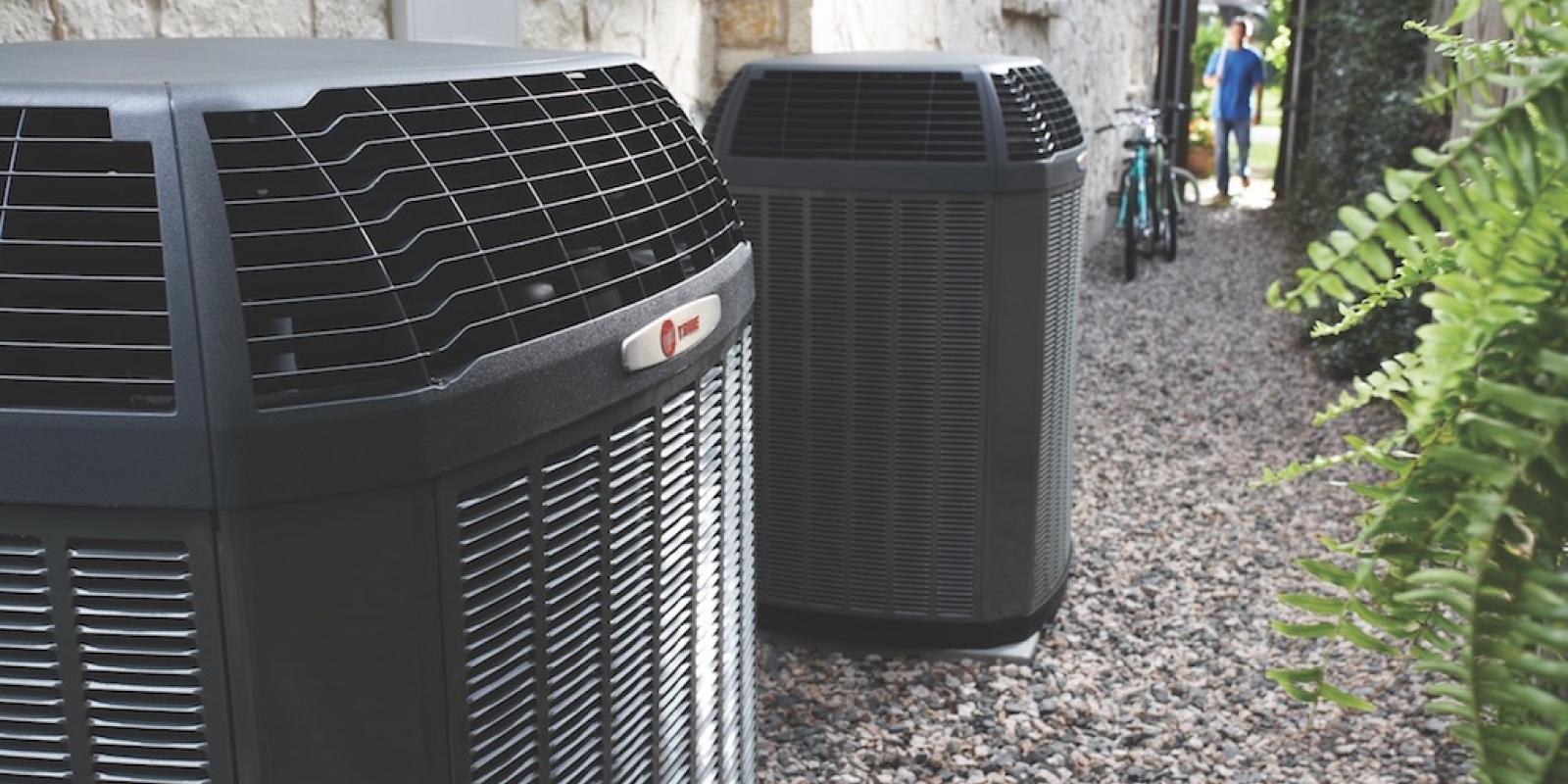

0 thoughts on “How Much Does It Cost To Replace The HVAC System”